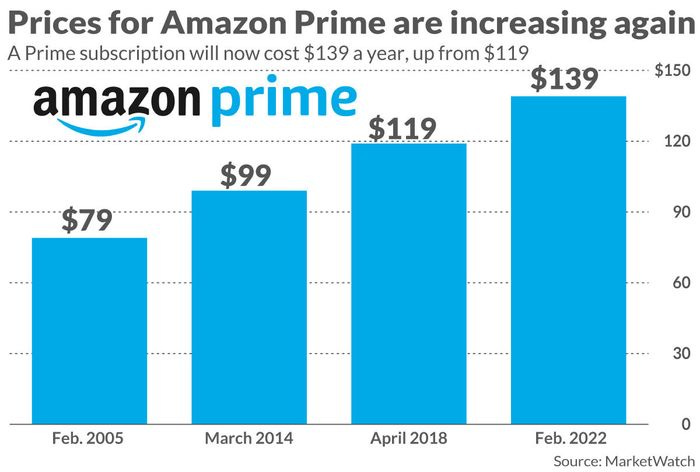April 4th, 2022:
The Major US Market Indexes were all up today, with the tech-heavy NASDAQ the strongest performer.
• The S&P 500 gained +0.81%
• The NASDAQ gained +1.90%
• The DOW gained +0.30%
• The RUSSELL 2000 gained +0.21%
Today, the Market continued on its march up over the last three weeks, with technology stocks leading the way following the disclosure that the world's richest person, Elon Musk, had purchased more than a 9% stake in Twitter.
The rally continues despite the ongoing war in Ukraine, higher oil prices, and long-term questions about inflation and interest rates. These concerns are far from answered, so it might still be too soon to know if this momentum can sustain itself.
Meanwhile, the US and its European allies are weighing additional sanctions against Russia following news that the Russian army may have committed war crimes in Ukraine. Particular focus is being put on Russian energy exports, which have continued to flow to Europe during Russia's invasion of Ukraine.
If Europe joins the US and the United Kingdom in restricting Russian energy exports, one could expect oil and gas prices to jump even higher.
Here are today's stories:
1. Amazon has its first Union
Last week, 7,500 workers at an Amazon facility in Staten Island, New York, voted to unionize, becoming the first group of workers ever to do so at the company. Workers at the facility will now have the ability to negotiate with the company to demand higher wages and more lenient work schedules.
Amazon has been preemptively raising salaries throughout the Pandemic and providing more benefits to combat calls for unionization. The company even defeated a vote just days ago in Alabama for the second time in a year.
However, warehouse workers are still unhappy about the pace at which they are expected to work, resulting in victory for the union organizers. And in a tight labor market, Amazon may find it difficult to replace workers calling for unionization, making Staten Island potentially the first domino to fall.
What does it mean?
The percentage of private-sector workers belonging to a union has fallen from 16.8% in 1983 to 6.3% in 2020. But Amazon is the second-largest employer in the US, with over 950,000, accounting for 0.6% of total jobs.
The immediate impact of the vote will be limited as the Union has to negotiate a contract with Amazon. These deliberations tend to be long and arduous, but the longer-term implications could be huge for Amazon and other corporations.
There have been strong signs that younger generations are more interested in unionizing and see it as part of a new labor movement. And there has been labor unrest in many different sectors across the country, from Starbucks baristas in Buffalo to Deere manufacturing workers in Illinois.
If workers see Staten Island as a call to organize, unionization rates could rebound, likely leading to higher blue-collar wages, more benefits, and better working conditions. The long-term economic implications are more difficult to forecast, however.
While Amazon could experience higher personnel costs in the short term, it could see productivity and hiring improve. But at the same time, higher costs will likely find their way to the end consumers in higher prices and Amazon Prime subscription costs.
So, if you want same-day delivery, you may expect to pay a higher premium for the convenience in the years to come.
2. Meet Twitter's New Overlord: Elon Musk
Elon Musk disclosed he owns 9% of Twitter, sending Twitter's stock price up 27%. Musk, a Twitter power user who has often flirted with controversy, has lamented the company's content moderation policies.
Investors Want in on the World’s Richest Man’s Latest Obsession
Reports indicate that Musk is unhappy with the company's direction following the departure of Twitter co-founder Jack Dorsey in 2021.
Based on his 13G filing, Elon's stake in Twitter is passive (meaning that he won't try to change the company). Still, he is already asking his Twitter followers questions that imply that he's open to using his stake to influence changes to Twitter's free speech guidelines.
Why does it matter?
Social media platforms have become a flashpoint in America's culture war. While Twitter has been proactive in removing content that it feels is not in line with its community guidelines, critics, including Elon Musk, believe that its actions violate free speech.
One way to change a company is through shareholding. Owning shares in a company means you have certain ownership rights, one of which is the right to nominate and vote on the Board of Directors.
The Board of Directors, in turn, has the right to fire the CEO and other executives at the company, giving shareholders the ultimate, if indirect, control over a company.
In a single share class company, such as Twitter, shareholder votes are decided on a majority basis, with each share in a company receiving one vote.
Activist investors make use of this right by buying significant stakes in companies and then trying to convince other large shareholders that they have a better plan than existing management, and to side with them during shareholder meetings.
How Corporate Governance Functions
Since Elon already owns 9.6% of Twitter, he would need to convince over 40% of Twitter's other shareholders to start pushing through the changes he wants. While the merits of Elon's arguments can be left to the Twitterverse to debate, his actions illustrate a great example of how corporate governance functions in the Market.
Further Reading:
Twitter shares soar more than 29% after Elon Musk takes 9% stake in social media company
Amazon union workers won in New York — can they win across the country?










